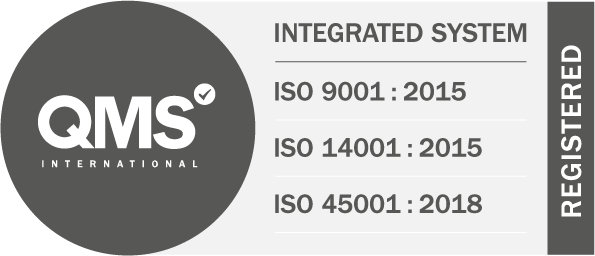Fleet flexibility in focus as businesses adapt to the government’s ZEV Mandate
A journey of transformation begins this year as a new law aims to switch the country from fossil fuels to electric cars and vans
The Zero Emission Vehicle (ZEV) Mandate is changing the shape of road transport forever by shifting new car and van sales to pure electric vehicles by 2035.
What is the Zero Emission Vehicle Mandate?
The ZEV Mandate came into law at the start of 2024 and sets out the percentage of new cars and vans that must be electric vehicles each year between 2024 and 2035. Change will happen quickly; 80% of new cars and 70% of new vans sold in Great Britain will need to be zero emission by 2030, increasing to 100% by 2035.
What are the ZEV Mandate targets for 2024?
This year, 22% of new car sales and 10% of new van sales must be ZEVs. Last year, the electric vehicle market accounted for 17% of cars and 6% of vans registered.
To achieve this year’s target, manufacturers will need to increase new electric van sales by nearly 70% year-on-year; electric car sales will have to grow 33%, or more than 104,000 units.
Majority of the orders will come from fleets and businesses, including rental companies such as Reflex Vehicle Hire, as we help organisations to decarbonise their vehicle operations.
How do the targets change up to 2035?
Each year, the government will increase the share of the new car and van market that must be electric vehicles.
The government has provided a detailed plan up to 2030, but it has an ultimate target of ending fossil fuel sales of cars and vans by 2035.
ZEV Mandate – proportion of new vehicle sales taken by EVs
| YEAR | CARS | VANS |
| 2024 | 22% | 10% |
| 2025 | 28% | 16% |
| 2026 | 33% | 24% |
| 2027 | 38% | 34% |
| 2028 | 52% | 46% |
| 2029 | 66% | 58% |
| 2030 | 80% | 70% |
| 2031* | 84% | 76% |
| 2032* | 88% | 82% |
| 2033* | 92% | 88% |
| 2034* | 96% | 94% |
| 2035* | 100% | 100% |
*Target will be set out in future legislation
What happens if manufacturers miss the target?
Manufacturers can borrow ZEV credits from each other to help meet their targets. For example, as an EV-only manufacturer, Tesla will be able to trade credits with brands that are struggling to sell enough EVs. Sales can also be ‘pooled’ across several brands under common ownership, such as Renault and Dacia. There are additional adjustments for manufacturers selling low volumes of vehicles.
If manufacturers miss their targets, then the government can issue fines of up to £15,000 per non-EV sold, up to the percentage threshold.
What does this mean for fleets?
Firstly, the supply of electric vehicles will increase significantly in the coming years. At the same time, access to new petrol and diesel models may start to become limited as manufacturers scale down production.
Fleet flexibility will become important, so companies can increase the proportion of electric vehicles on their fleet and also continue to operate fossil fuels where necessary, for example for towing long distances or when a minibus is required.
On the other hand, it might mean we can hopefully start to see the introduction of more suitable products come to market, driven by businesses requirements that determine the types of vehicles they utilise. Some existing vehicle options still fall short from meeting the demands of certain industry sectors.
They may also need to enable drivers to switch between fuel types depending on the type of work they are undertaking.
How is Reflex Vehicle Hire supporting fleets?
Fleet managers face a wealth of questions, such as ‘what is the best electric van for me?, ‘are electric vans cheaper in the long run?’ and ‘what electric van grants are available?’.
Reflex Vehicle Hire provides the latest vans and cars on flexible terms, allowing businesses to choose the best fuel for the job without being tied into long-term agreements.
Our team of experts is equipped to answer your key questions and provide in-depth guidance on choosing the most suitable, cost-effective solution for your fleet.
Given the unique nature of each fleet, we provide a cutting-edge service called EV:IE (Electric Vehicle Information Exchange), which assesses a company’s vehicle fleet and identifies which cars and vans are most suitable to be replaced by plug-in models. It has received national recognition for helping fleets with their transition plans.
EV:IE is part of a range of fleet support initiatives, including Reflex Renewable Drive, which provides test drives to managers so they can build their knowledge of the latest electric cars and vans. This gives them essential insights to guide decision-making.
Our commitment has received national recognition, with the British Business Excellence Awards naming Reflex the ESG Champion of the Year.
To learn more about how Reflex Vehicle Hire can help your business with the electric vehicle transition, contact our expert team or visit the Be EV Ready section of our website.
Share to:
Find out more
Find out how Reflex Vehicle Hire can help your company.
Call 0330 460 9913 or visit our contact us page.








@2x.png)

